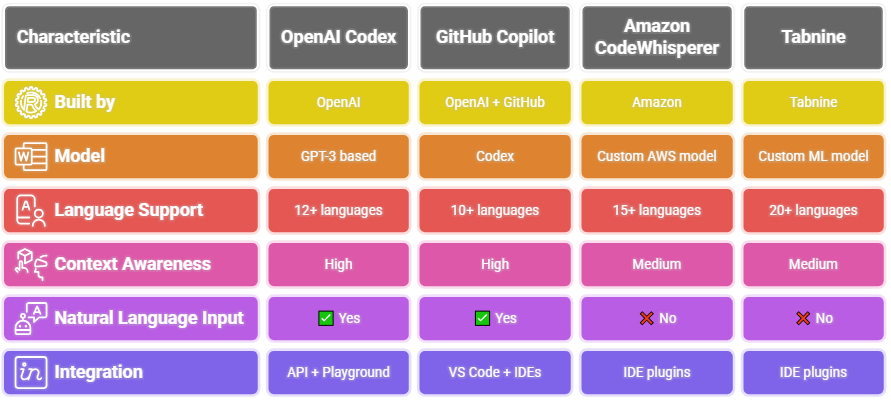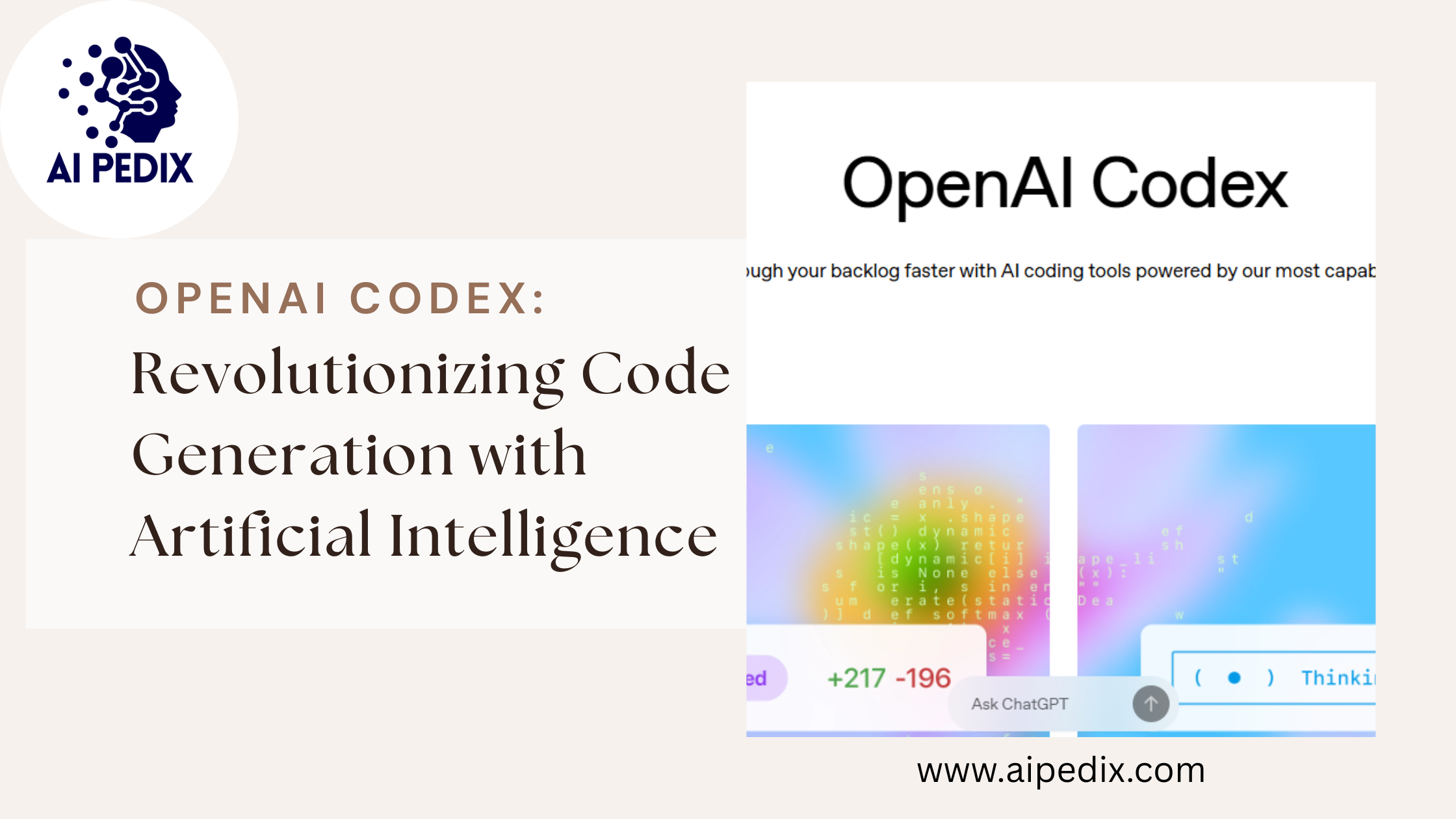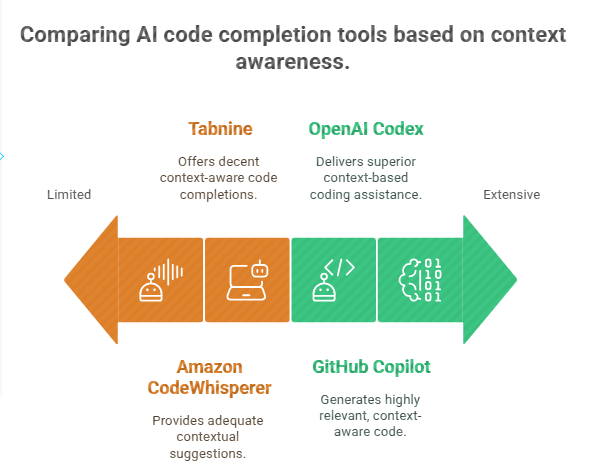In the era of artificial intelligence, coding is undergoing a profound transformation. Enter OpenAI Codex, a breakthrough AI model that bridges human language and programming. This cutting-edge technology, built upon the powerful GPT architecture, allows users to write code using natural language prompts. Whether you’re a beginner or an experienced developer, OpenAI Codex is set to reshape how we approach software development, productivity, and innovation.
This article explores what OpenAI Codex is, how it works, its use cases, comparisons with other tools, and how it is influencing the future of programming.
What is OpenAI Codex?
OpenAI Codex is an AI-powered code generator developed by OpenAI. It interprets natural language inputs and translates them into code in a wide variety of programming languages such as Python, JavaScript, Ruby, Go, and more.
Codex is the model behind GitHub Copilot, and it serves as an intelligent assistant that can understand human intent, handle multi-step logic, and even build complete functions or applications from simple descriptions.
How Does OpenAI Codex Work?
OpenAI Codex is trained on billions of lines of public code and natural language data. It builds on the GPT-3 model and has a deep understanding of both human language and coding syntax. When a user types a prompt like:
# Create a function to sort a list of names alphabeticallyCodex responds with:
def sort_names(names):
return sorted(names)This interaction showcases the natural language to code translation that defines Codex’s power.
Applications of OpenAI Codex in Development
OpenAI Codex opens new doors for multiple areas of development:
1. Web Development
Develop responsive web layouts, forms, or even APIs with just a few sentences.
2. Automating Repetitive Tasks
Save time on boilerplate code by asking Codex to handle repetitive tasks like data parsing, API requests, or database queries.
3. Data Science & Machine Learning
Generate analysis scripts, visualize data with libraries like Matplotlib or Seaborn, and create ML models using scikit-learn.
4. Learning & Education
Perfect for coding learners — Codex explains code, fixes errors, and walks through programming logic step-by-step.
Benefits of Using OpenAI Codex
✅ Speeds up coding tasks
✅ Reduces errors with smart suggestions
✅ Increases productivity
✅ Assists non-programmers in building software
✅ Facilitates pair programming
By offloading simple and repetitive tasks to Codex, developers can focus on core logic and design, significantly improving efficiency.
OpenAI Codex vs Competitors

OpenAI Codex in Business & Enterprise Use
Businesses and startups can harness Codex for:
- Rapid prototyping of software
- Reducing development time
- Automating low-value coding tasks
- Training non-developers to build internal tools
It’s especially valuable for agile teams, startups, and SMEs looking to scale development without scaling costs.
Challenges and Ethical Concerns
Although OpenAI Codex is groundbreaking, it’s not without limitations:
- ❌ Not always accurate – May generate faulty or insecure code
- ⚠️ Bias risks – May reflect bias from its training data
- 🧑⚖️ Licensing issues – Reproduces public code, some with unclear licensing
- 🤖 Dependence on AI – Can reduce human problem-solving skills over time
Ethical use, validation, and testing are essential to ensure Codex serves as a co-pilot, not a replacement for developers.
The Future of AI Coding Assistants
OpenAI Codex represents the first wave of intelligent coding tools. What comes next?
- Deeper IDE integration with real-time code analysis
- Customizable AI agents that learn from your codebase
- Voice-to-code AI for hands-free development
- Expanded low-code/no-code tools powered by Codex
With AI like Codex, the future isn’t about replacing programmers — it’s about amplifying human potential.
OpenAI Codex is transforming the landscape of programming by making coding more accessible, efficient, and intuitive. From writing simple functions to building applications, it empowers developers and non-developers alike to create with speed and confidence.
At AI Pedix, we believe that tools like Codex are not just innovations — they’re foundational shifts in how we think about building technology.
Want to boost your team’s coding power? Start exploring OpenAI Codex today and see how AI can take your development to the next level.


